In June this year, the Arab Gulf States Institute in Washington (AGSIW) looked at how Saudi artist Daniah Alsaleh has been using AI to elicit emotional reactions in viewers and manipulate historical narratives. It got me thinking about how these new technologies might end up being a truly transformative moment for Saudi culture.
The Washington Post, in June 2024, ran a story on the deluge of "bonkers AI art"—basically, anyone can now tell a generative AI art engine to design for them a cat on crutches blowing out a birthday cake, and the results can look, well, pretty good. And rather than sneer at the sheer weirdness, The Washington Post suggested that AI is actually ushering in a new wave of surrealism.
Wherever AI takes us in art, it’s already a significant tool in shaping artistic practice—akin, even, to traditional paint and brushes. Alsaleh’s work, which uses deepfakes, challenges the certainty of memory in an era overwhelmed by media and rapid societal changes. In turn, this interrogates the authenticity of people’s perceptions—are they being influenced by the images and media they consume on a daily basis?
Fascinating stuff. We can all agree that the influence of (social) media is significant to the way we live our lives. What Alsaleh is saying is that it alters memories associated with specific events; her work with deepfakes led many visitors to her exhibition to believe they actually recognised the historical faces of Iraqis in her AI-generated portraits.
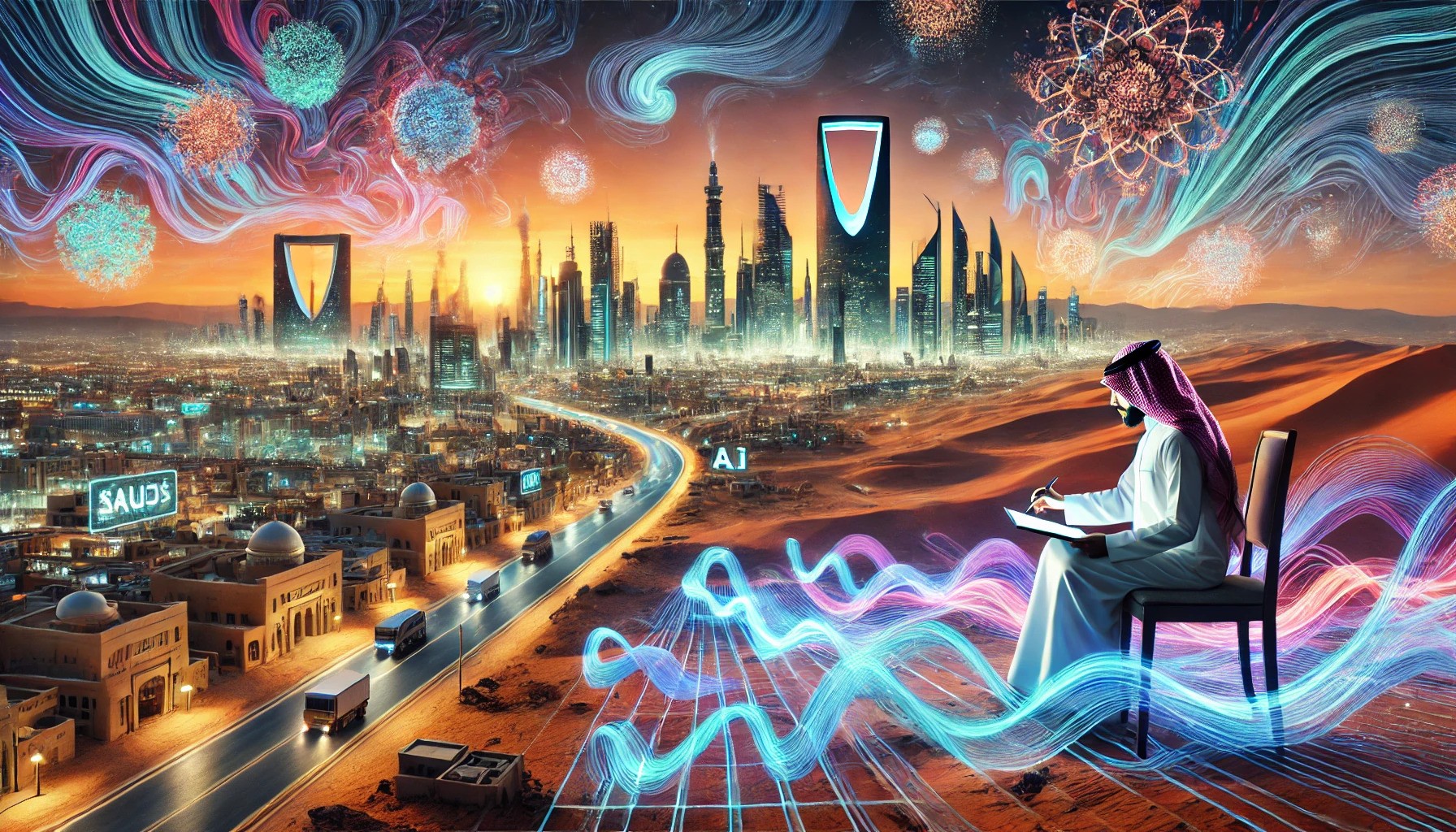
“The images evoked strong feelings of eerie familiarity, as if they are witnessing memories that are both theirs but not theirs,” she told AGSIW’s Nada Ammagui. “They tapped into the layers of nostalgia, personal history, and cultural identity, creating an emotionally charged experience… When viewers struggle to differentiate between what is real and what is AI-generated, it mirrors the broader societal challenge of navigating a media-saturated world where truth and fiction are increasingly intertwined.”
Ultimately, Alsaleh wanted to use AI to explore social conditioning, reflecting on how we often take things at face value. And I agree; artworks like these pose challenges to Saudi society and yet are important—and should be in demand.
In today's Saudi Arabia, amid the new reforms that bring a sense of rejuvenation and a brighter lifestyle, experiences from the pre-2017 era often carry associations of misery, darkness, and pessimism.
So perhaps such artworks can serve as a transformative step, helping dissociate negative past experiences and allowing people to rediscover the beauty that Saudi society has encompassed historically. That might be an artificial artistic process, like Alsaleh’s—but it can certainly be intelligent.
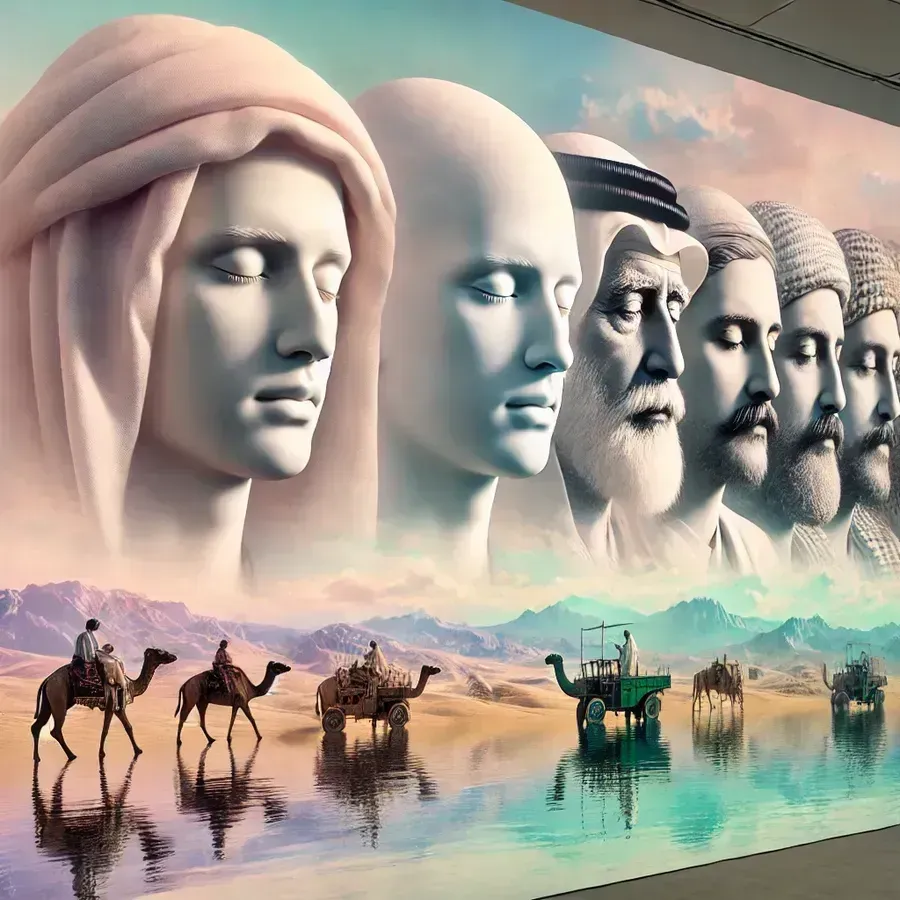
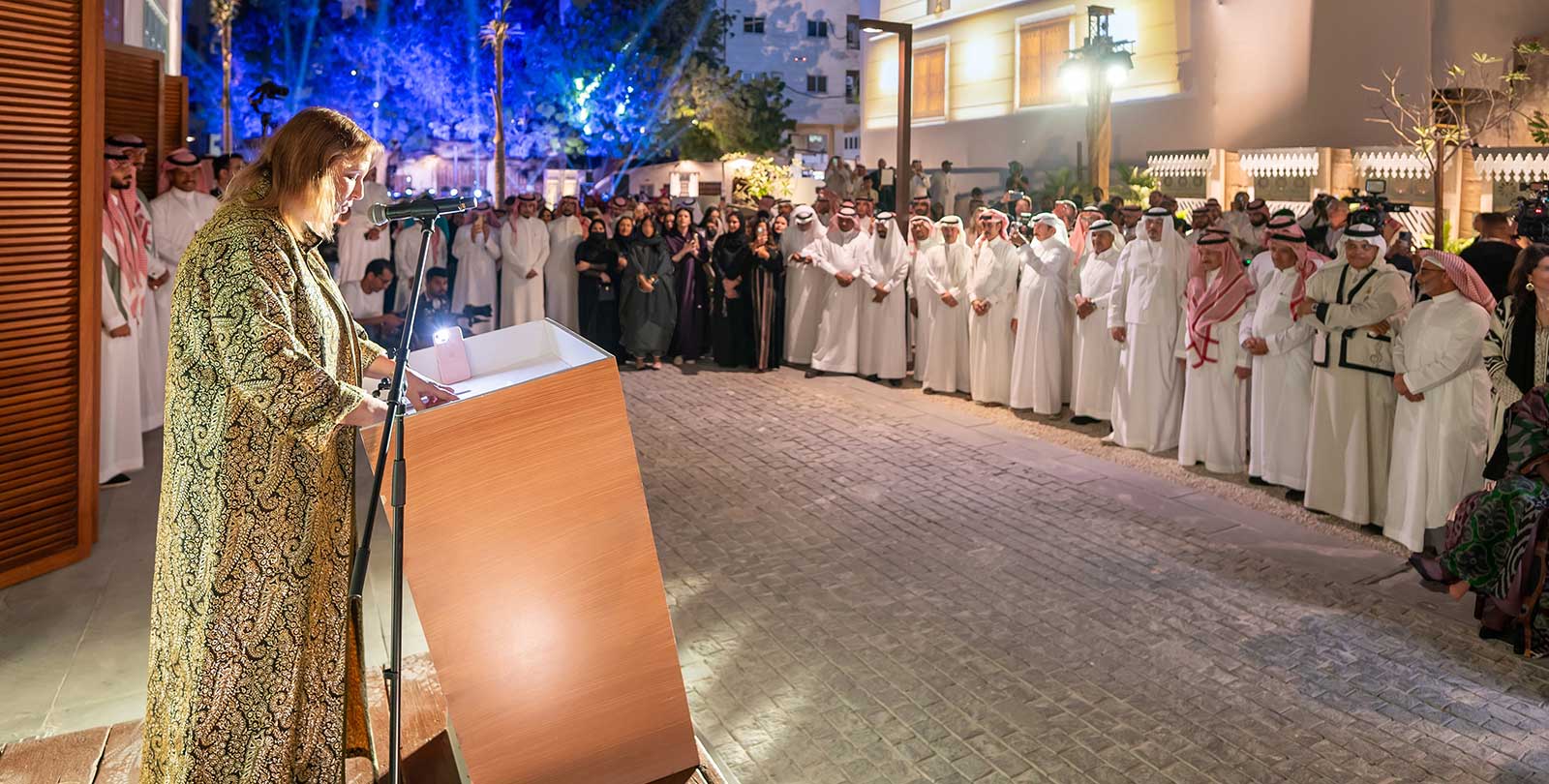
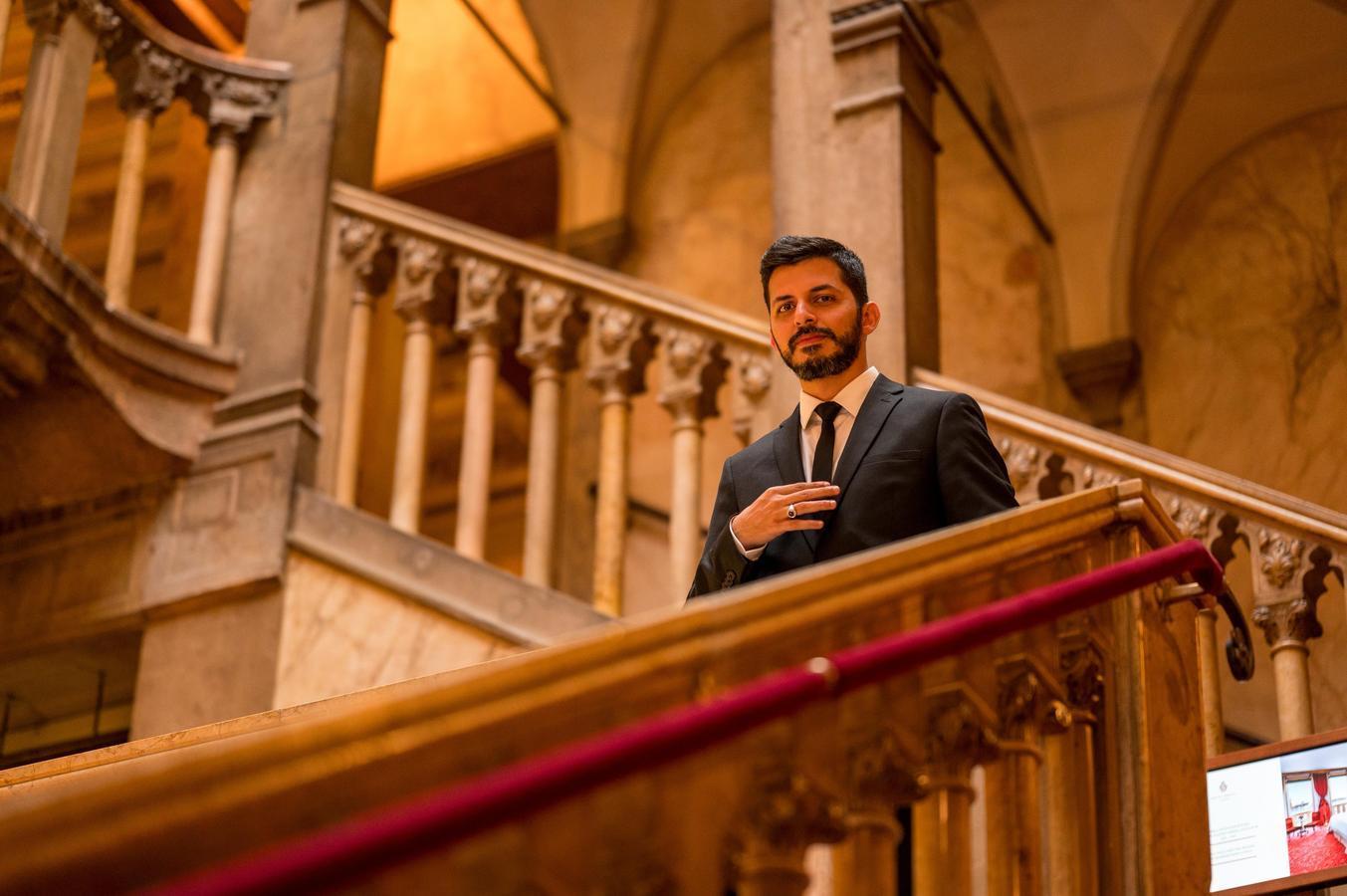
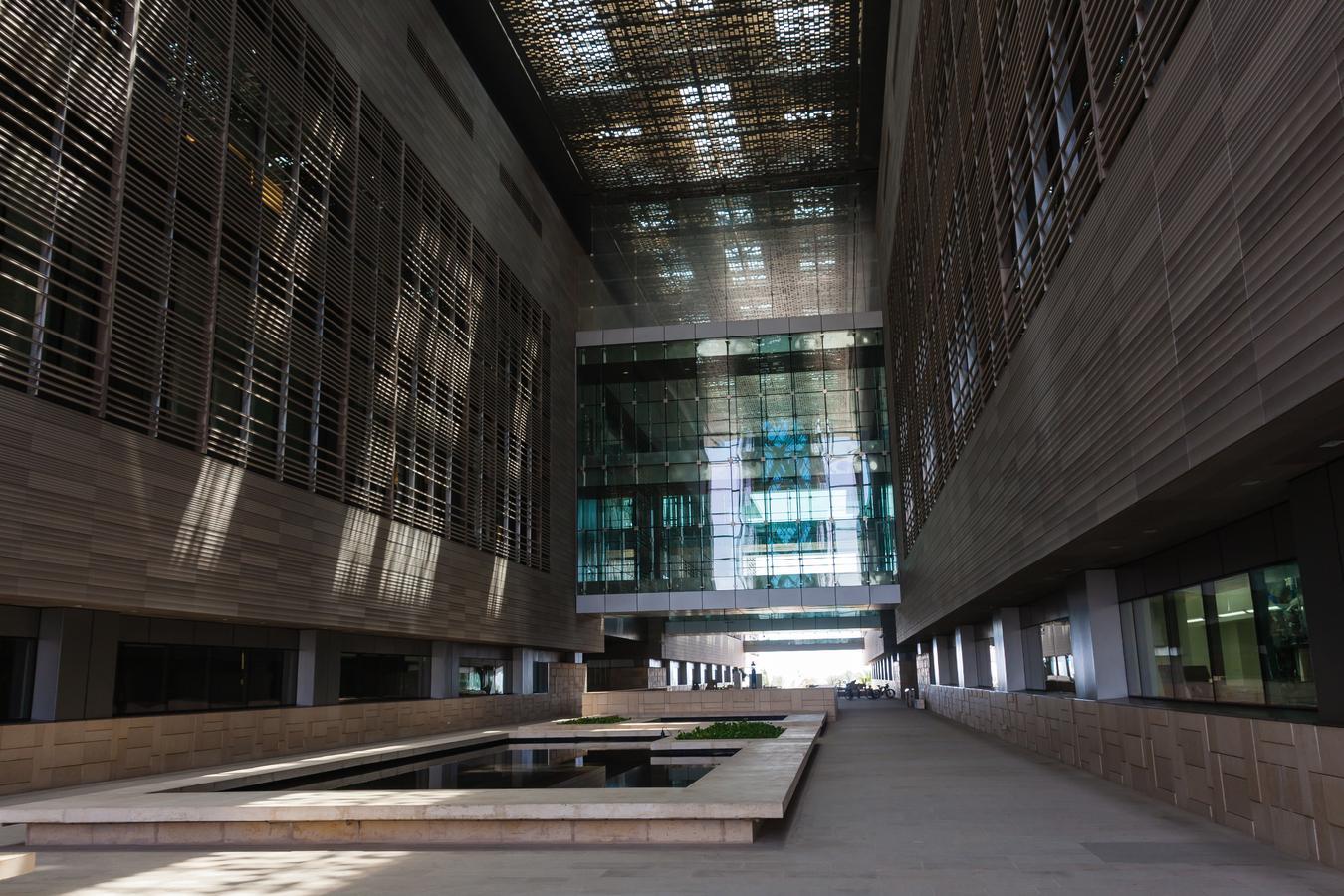
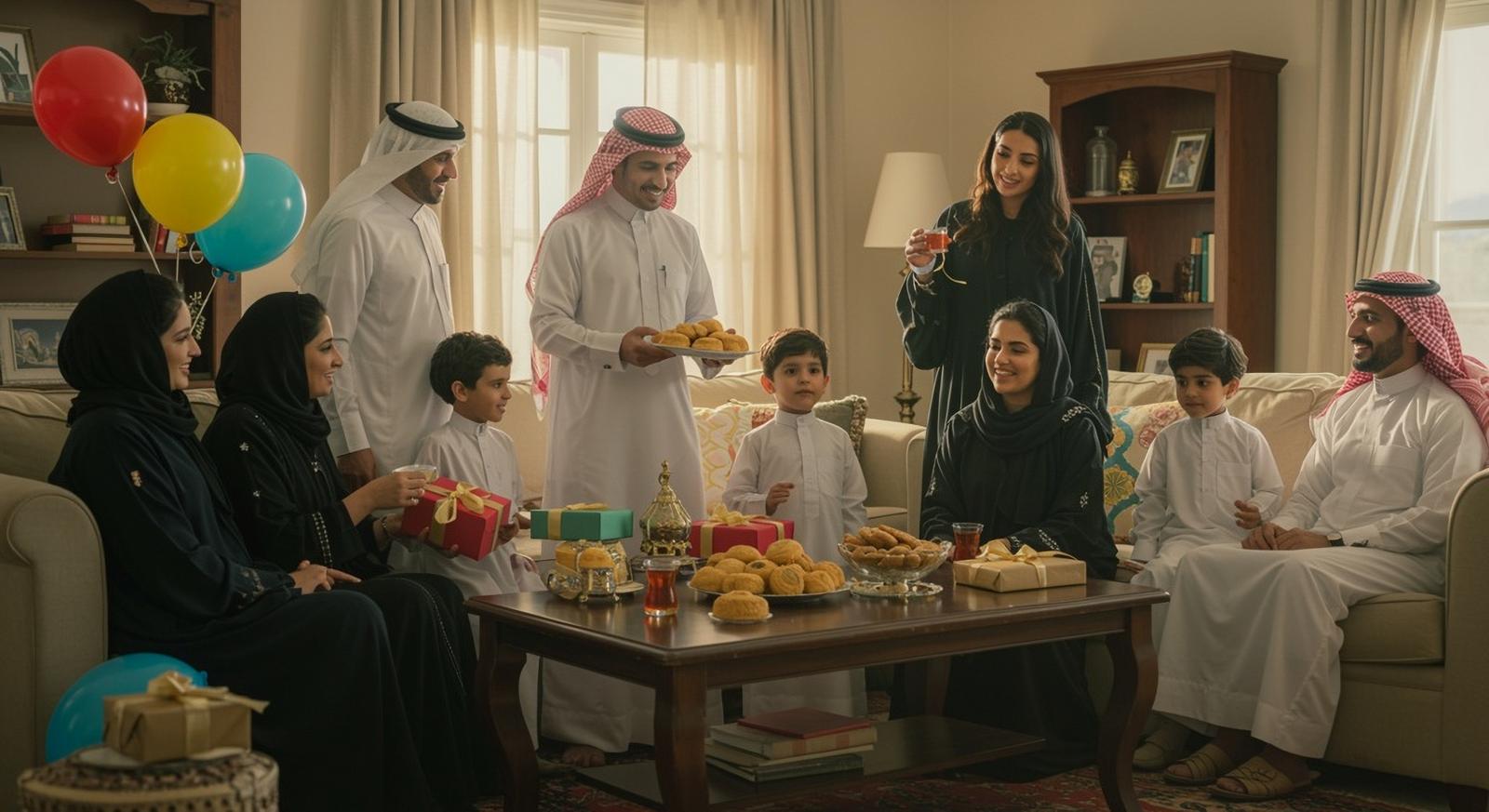
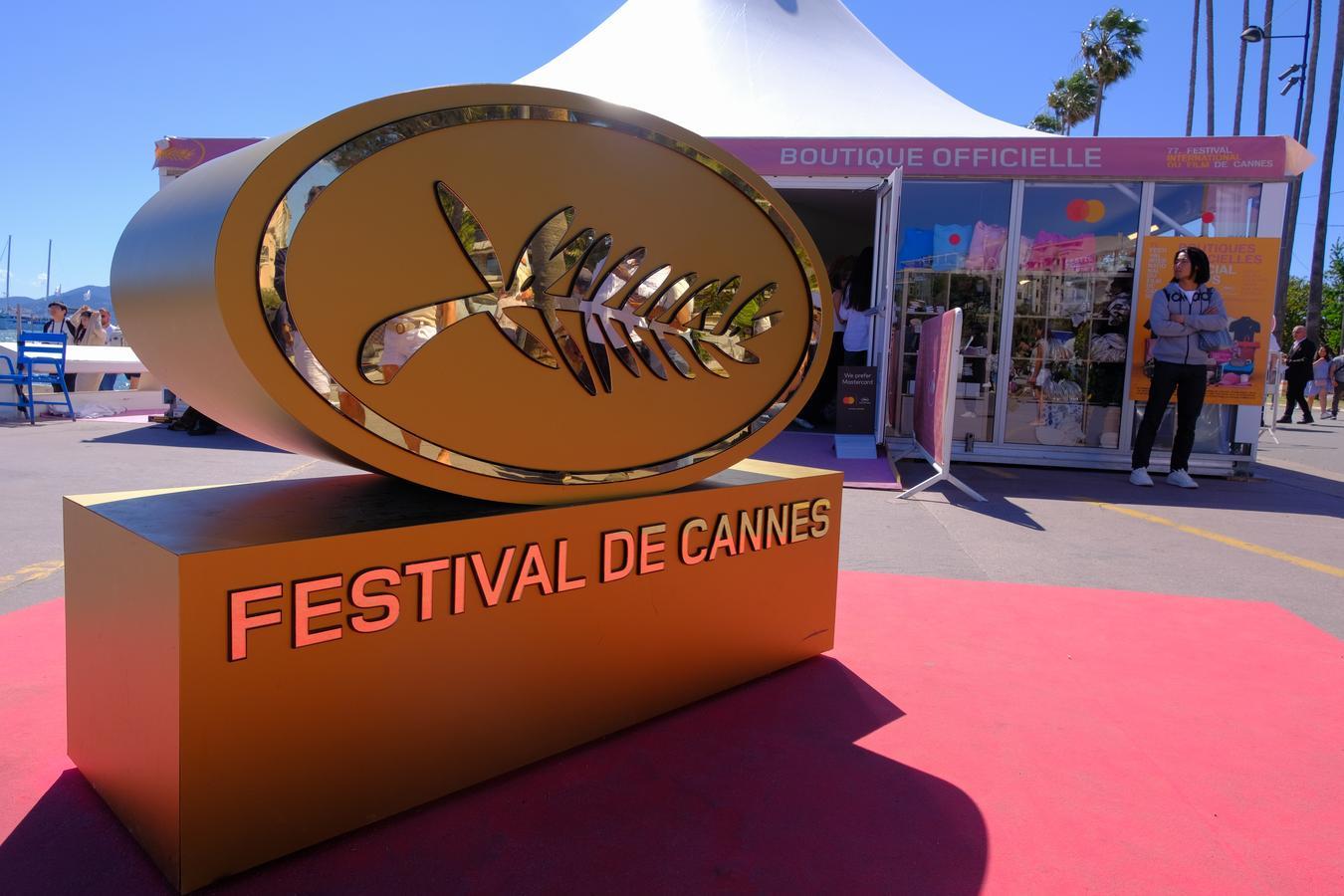
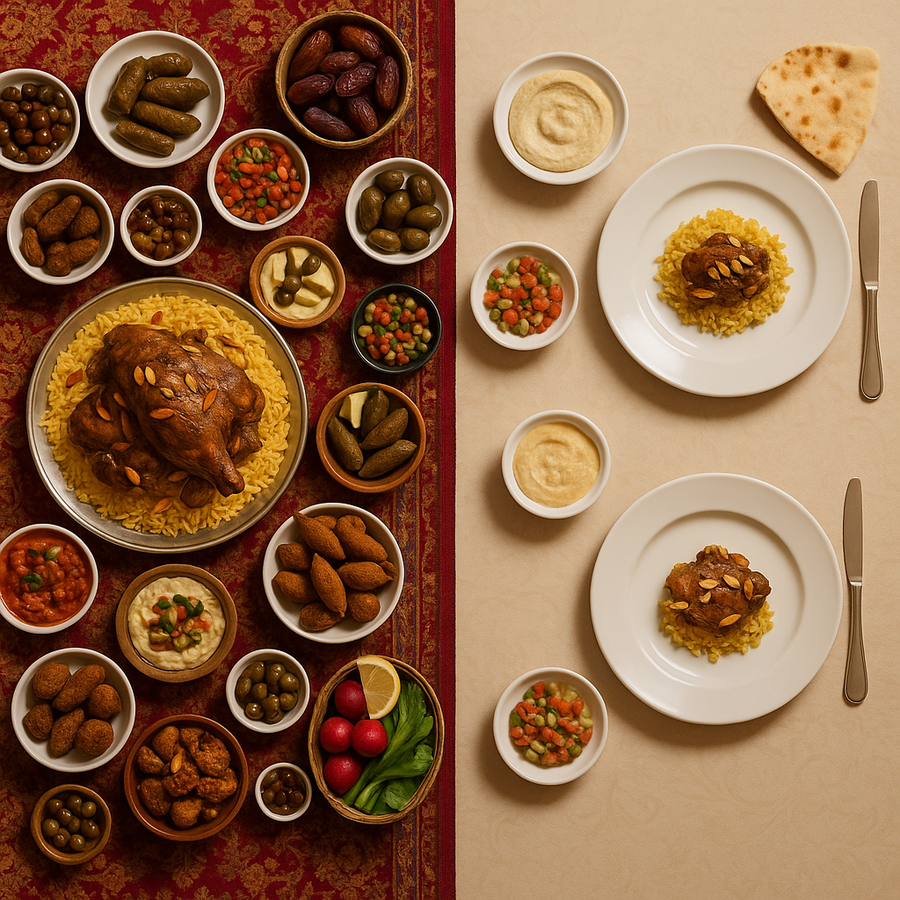
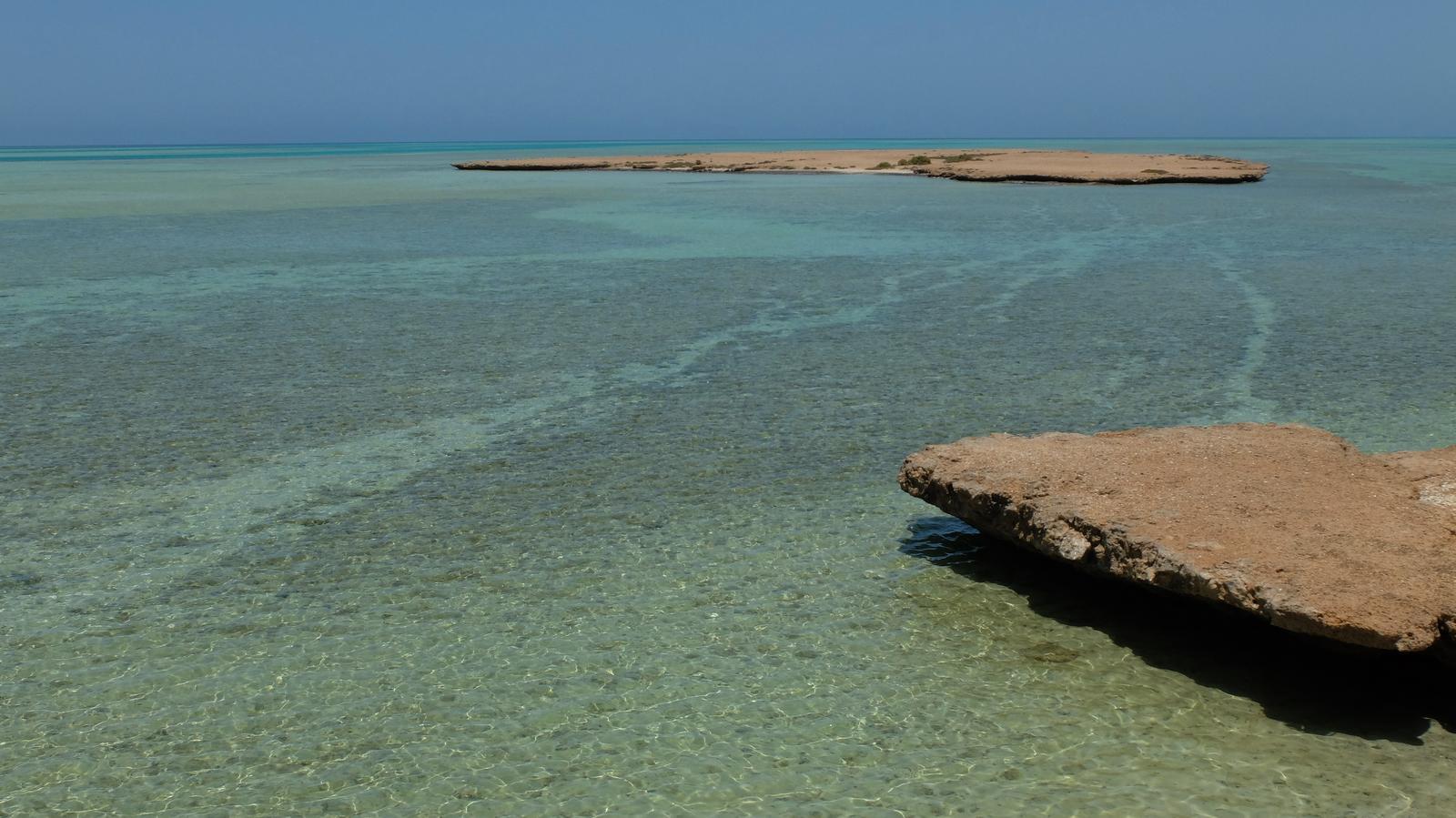
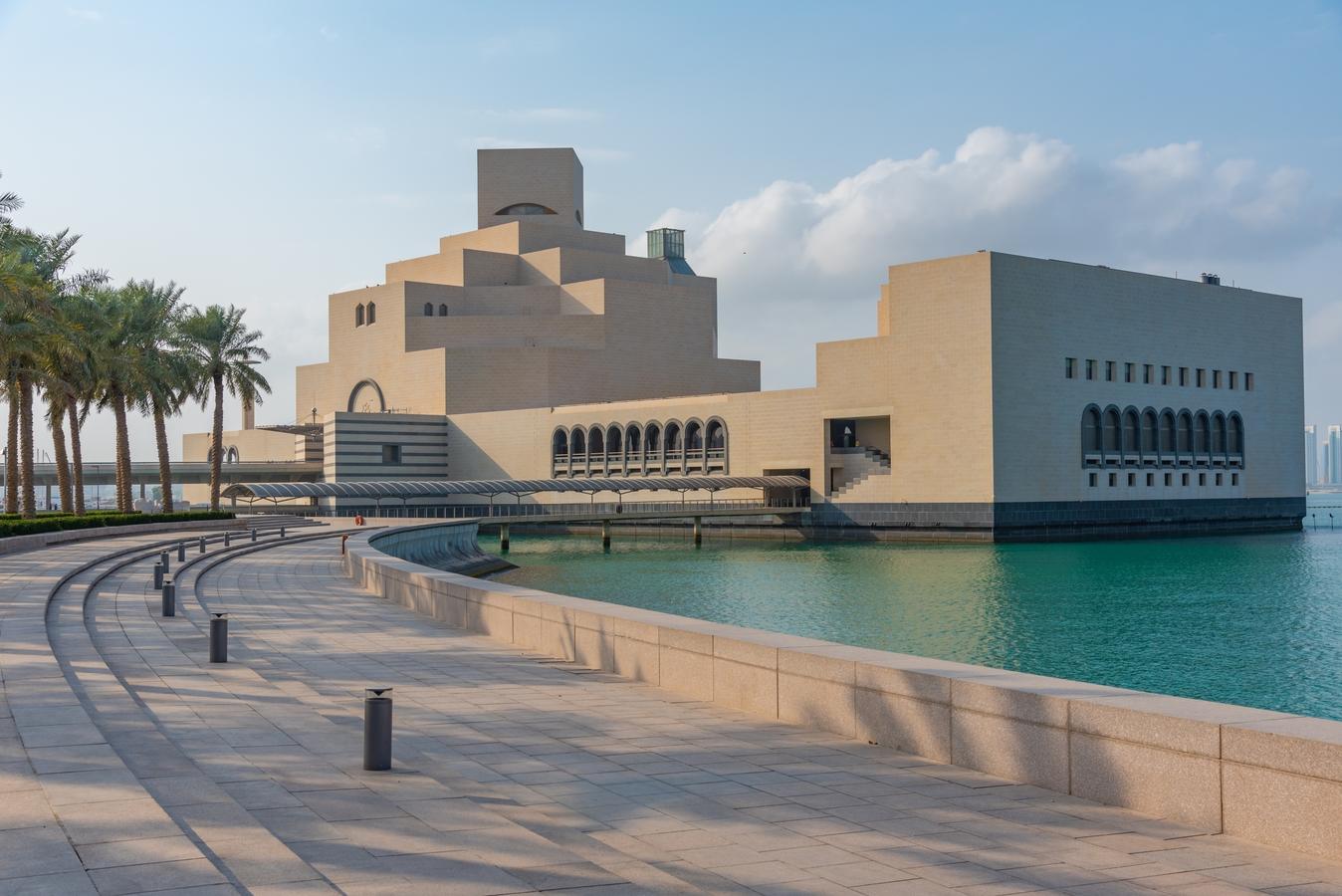
0 Comments
No comments yet. Be the first to comment!